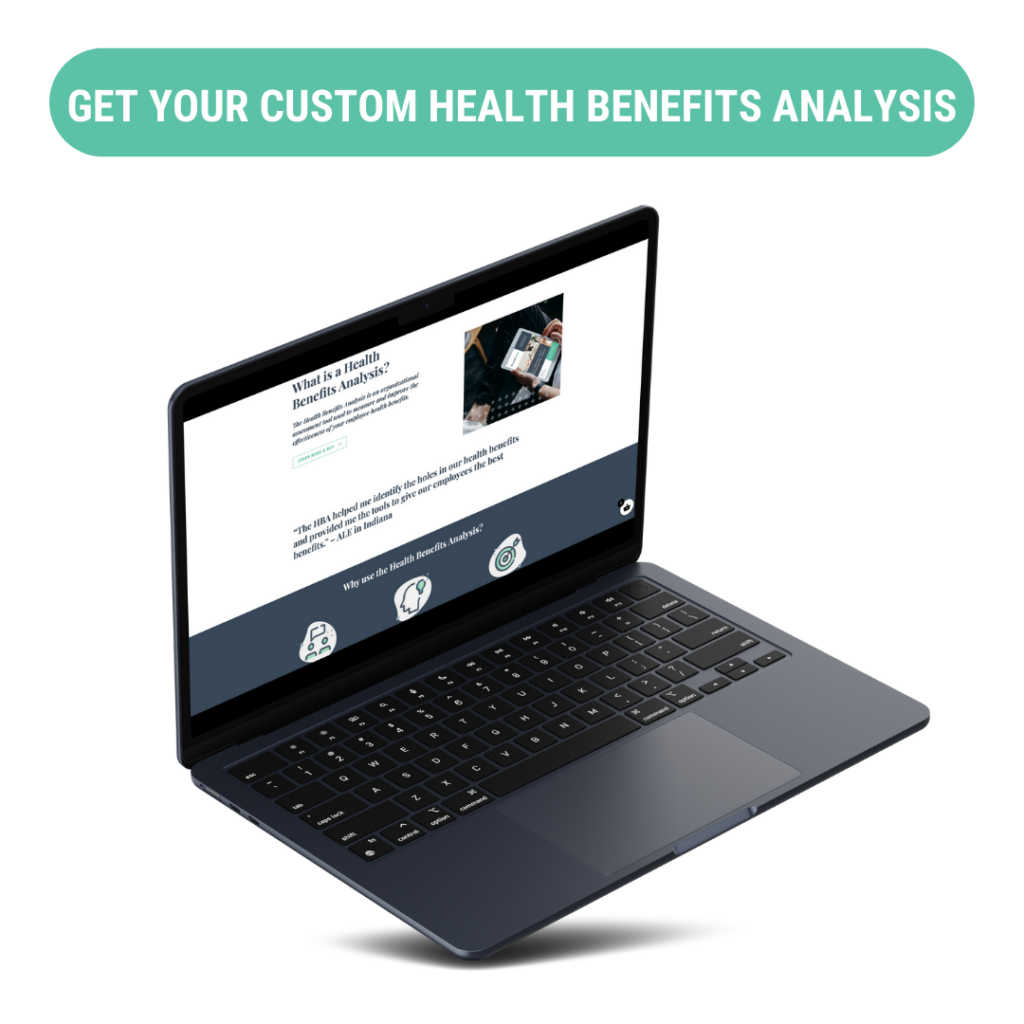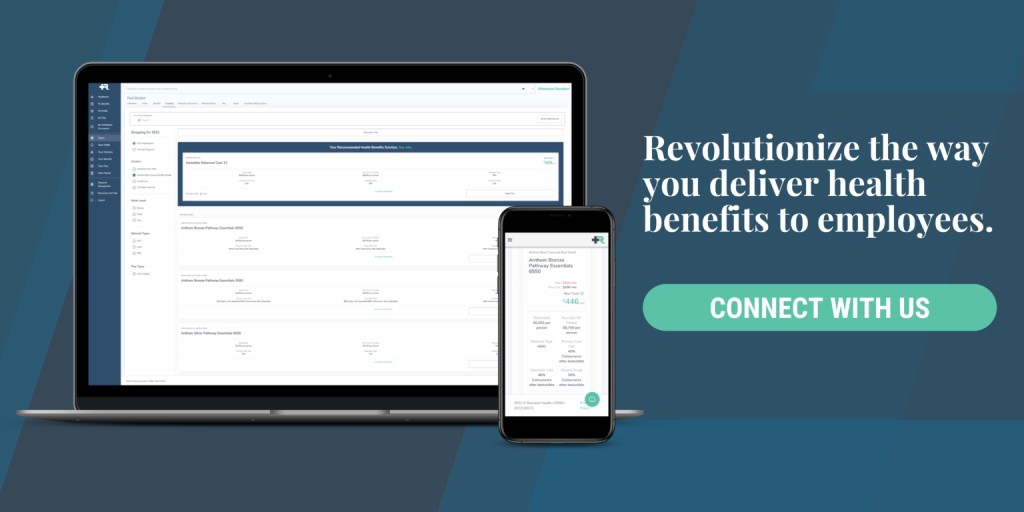Now more than ever, medical expenses are at the forefront of our minds. We all worry about the “what ifs” in life, especially when it comes to our future healthcare needs and surprise medical bills. If you’re concerned about cutting expenses right now, you’re not alone!
As the saying goes, “The best offense is a strong defense.” By learning how to manage medical expenses better, you can drastically lower overall costs. Check out these simple ways you can lower your medical expenses!
1. Telemedicine before Urgent Care
Telemedicine is often the best first option when it comes to common healthcare needs. It’s faster, more convenient, and oftentimes safer than your typical waiting room (full of sick patients).
The best part about telemedicine, though, is the savings. The cost is cheaper than a physical visit to the doctor or urgent care, and you pay up front for the care — rather than waiting for another bill.
2. Urgent Care before ER
While telemedicine helps with many situations, there are obviously certain times when it’s not feasible. The next best choice is urgent care. This is where it is really important to do your research and call ahead.
Not all urgent care providers are covered under your insurance plan, so make sure to find the best option before you need it. Sometimes there are huge differences between costs, so it is imperative you know beforehand.
Please note: there are times when you should go to the ER instead of urgent care. However, we recommend making yourself a cheat sheet with a full list of where to go for what, so you’re totally prepared for any medical or emergency scenario.
3. Verify the details of every bill
If you ever have to visit the Emergency Room or stay in the hospital, you will be billed for your care. These bills can take weeks to come through the mail, so make sure you keep your eyes peeled.
Too often, people are panicked by their medical bills when they first see them. The most important thing to do is always verify the details of your bills. Be methodical. Double check your bill to confirm it’s accurate — every time.
Call your provider to have them explain the details of the bill. Then, call your insurance carrier to make sure you know exactly what you are expected to pay. Keep track of these on a spreadsheet to help you stay organized.

4. Always ask for a discount before a payment plan
If you get a bill that is bigger than you can pay, you likely can get an interest-free payment plan. However, before you do this, always ask for a discount. You will not be able to take advantage of this after.
There are programs available to those who ask for a discount ahead of time, even before the payment plan goes into effect. Income, household size, purpose of the care, etc. will be factored into your eligibility.
Once you know your bill is as low as it can go, if you’re still not able to settle it right away, then go ahead and take advantage of the payment options. Make sure it is on a zero-interest basis though.
5. “Pass” payments through your HSA (if applicable)
If you end up needing a payment plan on your medical bill, make sure to pay the bill with your HSA. If you don’t have enough money in your HSA to pay the bill, simply put more money into your account!
To do this, ask your HR representative to withhold enough money from your paycheck to cover your medical bill and have it put into your HSA account. Why do that? Because that makes your bill payment tax free!
For those who are already taking full advantage of an HSA, this option does not work if you are already maxed out on your HSA contributions. But if that is the case, then you should just be able to…
6. Choose to “self-pay” instead
Something that has become more common is to self-pay your medical bills. This means that the bill goes directly from the provider to the patient and it does not process through the insurance company at all.
This has become so popular because of the significant cost savings. When you tell the doctor’s office that you’re self-pay, they’ll usually provide heavy discounts because you save them time and money on their administrative processing.
It’s important for you to know they are required to allow you to do this, so you may have to be a little pushy. These expenses will not go toward your max-out-of-pocket, so evaluate accordingly. But usually, it’s worth it!
Paying in full is often required for a self-pay bill negotiation. But, you can use your saved up HSA dollars to settle those expenses and potentially save thousands of dollars on medical expenses.

